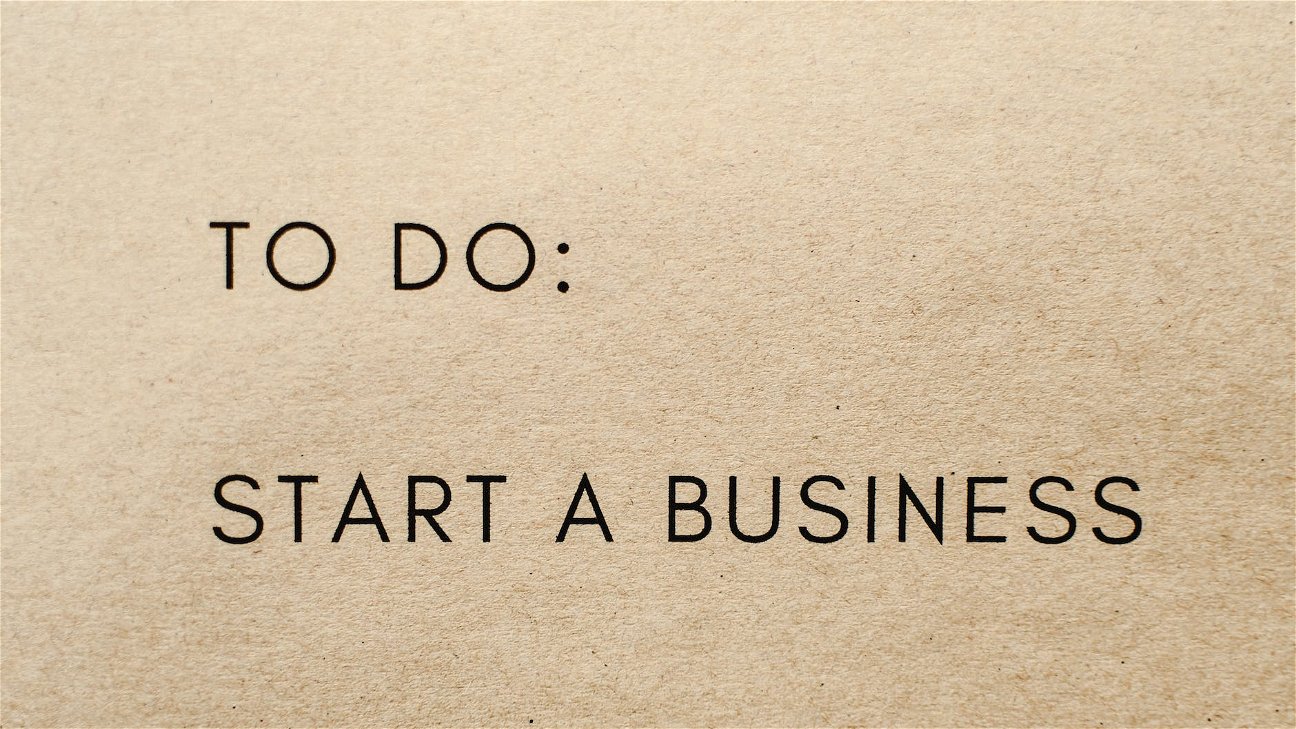
Crafting a compelling business proposal that stands out and wins isn't as daunting as it sounds. With the right strategies and key insights, you can significantly increase your chances of success. Let's dive into what makes a business proposal successful and how you can apply these strategies to your business proposal crafting process.
Understanding what a business proposal is
Before you begin crafting your business proposal, it's essential to understand what a business proposal is and why it's so important. A business proposal is a document that outlines what your business can do for a client or potential partner. It's your opportunity to sell your services, outline your costs, and give them a reason why they should choose you over your competitors.
Key elements of a winning business proposal
A winning business proposal consists of several key elements. Without these, your proposal may lack the necessary information and appeal to win over your prospective client. Here are some of the key elements that you need to include in your business proposal:
-
Executive Summary: This is the first part of your business proposal and arguably the most important. It's your chance to hook your reader and convince them to read further.
-
Problem Statement: Here, you outline the problem that your prospective client is facing and why it's essential to address this problem.
-
Proposed Solution: This is where you outline your proposed solution to the client's problem. Be clear, concise, and address how your solution will solve their problem.
-
Pricing Information: Be transparent about your pricing. Provide a detailed breakdown of costs associated with your proposed solution.
-
Company Overview: Give your prospective client some background information about your company. Highlight your accomplishments, experience, and why you're the best choice.
-
Timeline: Provide an estimated timeline for when you will deliver your proposed solution.
-
Terms and Conditions: Outline the terms and conditions of your proposal, including payment terms.
-
Conclusion and Call to Action: Conclude your proposal by summarizing the benefits of your solution and provide a call to action.
Each of these elements plays a crucial role in making your business proposal compelling and convincing. By ensuring that your proposal includes all of these elements, you're on your way to crafting a winning business proposal.
Business proposal strategies
Now that we've covered what a business proposal is and the key elements it should include, let's look at some strategies that can help make your business proposal more compelling and more likely to win.
-
Know Your Audience: Knowing your audience is crucial. Research your prospective client thoroughly to understand their needs, wants, and pain points. This will help you tailor your proposal to their specific needs.
-
Be Clear and Concise: Avoid using jargon and keep your proposal concise. Your prospective client should be able to understand your proposal easily.
-
Highlight Your Unique Selling Proposition (USP): What makes you different from your competitors? Highlight this in your proposal.
-
Provide Proof: Provide case studies or testimonials from previous clients to build trust.
-
Follow Up: Don't forget to follow up after sending your proposal. This shows that you're serious about working with the client.
By implementing these strategies, you'll be well on your way to crafting a winning business proposal that stands out and gets accepted.
Wrapping up
Crafting a winning business proposal is not a one-size-fits-all process. It requires careful consideration, thorough research, and being able to effectively communicate your unique value proposition. But with these key insights and strategies, you can craft a business proposal that not only stands out but also wins. Remember, the key to a successful business proposal is understanding your audience, being clear and concise, highlighting your USP, providing proof, and following up. With these in your toolkit, you'll be crafting winning business proposals in no time.











